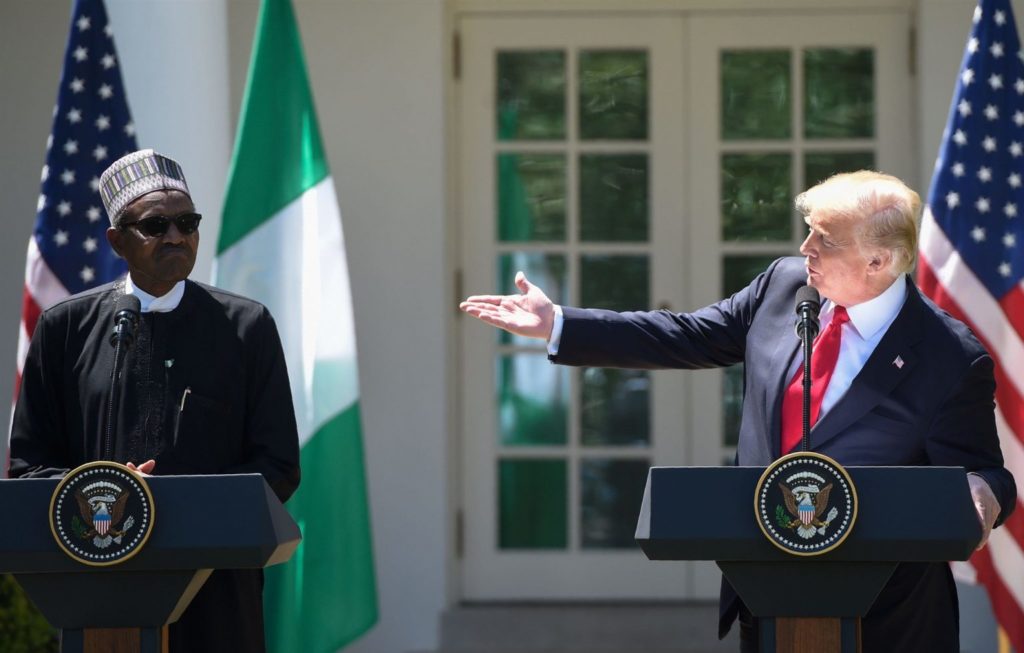Within Nigeria earlier reported that the United States Government, for the first time, placed Nigeria on a religious freedom blacklist, as Christian and Islamic groups in the country voice out a growing concern on insecurity and repression.
In its annual report earlier this year, the State Department, gave some reasons why Nigeria should be designated, against the background of concerns, both at the federal and state levels.
Pompeo announced the inclusion of Nigeria in the religion violations list on Twitter.
“Today the US designates Burma, China, Eritrea, Iran, Nigeria, the DPRK, Pakistan, Saudi Arabia, Tajikistan, and Turkmenistan as countries of concern under the International Religious Freedom Act of 1998 for engaging systematic, ongoing, egregious religious freedom violations.
“The US is unwavering in its commitment to religious freedom. No country or entity should be allowed to persecute people with impunity because of their beliefs. These annual designations show that when religious freedom is attacked, we will act,” he had said.
The recent announcement might not be unconnected with gross abuse of religious rights by the Muhammadu Buhari government.
The State Department, in its annual report, pointed to the mass detention of members of the Islamic Movement in Nigeria. This Shiite Muslim group was banned last year on terrorism allegations.
There are also concerns that the Nigerian Army killed some 350 Shiites, many of them gunned down or burned alive, in a 2015 confrontation, according to rights groups.
The Islamic movement has taken inspiration from Iran, ordinarily a significant target for Trump. But the Catholic Church criticised the prohibition on the group, fearing it set a dangerous precedent for all religions.
According to AFP, the State Department highlighted the arrests of Muslims for eating in public in Kano State during Ramadan, when Muslims are supposed to fast during daylight hours, and new regulations on preaching in Kaduna state.
Also, Nigeria is the base of Boko Haram, the Islamist extremists whose 11-year insurgency has killed more than 36,000 people and spread to neighbouring countries.
The US Conference of Catholic Bishops, in a letter to Pompeo, said that far more Nigerians were being killed in herder-farmer conflicts, in which Christians have borne the brunt as climate change worsens desertification.
Christian groups have also accused President Muhammadu Buhari of paying insufficient attention after jihadists abducted and killed a pastor, Lawan Andimi.
The International Committee on Nigeria, an advocacy group, has urged the United States to appoint a special envoy, calling the Buhari government’s response to the violence “weak” and voicing fear it will worsen.
